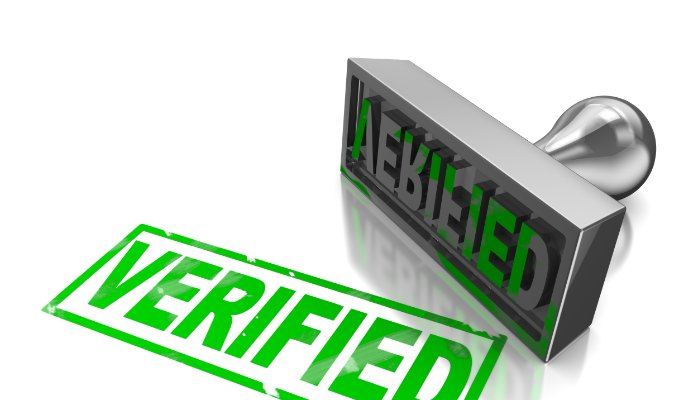Businesses are required by the law to comply with various environmental rules. In fact, the green image can be used as a part of the marketing campaign. Many consumers also consciously want to obtain green products as their contribution in safeguarding the environment. In fact, people are willing to pay a price premium, as long as they can obtain green products for their daily usages. If you want to have a green publicity, it is important that you follow all the legal rules related to the implementation of green processing. However, many companies have received negative publicity due deliberate green washing of their products, without undergoing the proper procedures. In different countries, there are distinct rules that need to be followed. Business owners should also be aware of possible civil provisions that may be used to attack misleading or false green claims. Legal repercussions could happen if your company is engaging in deceptive or misleading conducts.
It is important to make sure that your products have all the benefits and characteristics that can be associated with green products. Regulations in your country usually apply to individuals, corporations and unincorporated entities, when it comes to green-related specifications. You should be aware of any clause related to declarations, injunctions, corrective advertising, non-punitive orders and damages related to your green product claims. Some countries could punish offenders severely for misrepresentations of the environmental benefits of their products. There should be a reasonable basis for your claim, if not there’s a higher chance that you will be caught of misrepresenting your products. Some agencies are quite active in this field and they are taking multiple cases of green representations. A number of NGOs are quite vigilant in monitoring companies that fail to meet their claims. Not understanding local regulations about green products could pose major risks to your company, especially in a highly competitive industry.
It is important that you are able to deal with the investigations in a proper manner. In this case, you shouldn’t make any green-related claim, if you don’t have real scientific evidence backups. Government agencies, NGOs and consumers will look carefully any of your marketing message, including text and images. If you misrepresent your product, you may expect to obtain early protests and criticism from consumers and NGOs, possible followed later by actions from government agencies. This can get more serious if you deliberately overstate the environmental benefits of your products. It is important that you don’t confuse the consumers. Any kind of benefit that they may get shouldn’t be difficult or complex to understand. It is better to use sharp and short marketing messages to fully deliver things that you want to say. Your green claim should cover the entire life cycle of the product. It means that the product isn’t only safe during use, but also during the manufacturing process and after it’s no longer used. It means that you need to be perfectly careful when making claims on green related products. Your products need to be carbon neutral or at least has significantly reduced carbon footprint.
